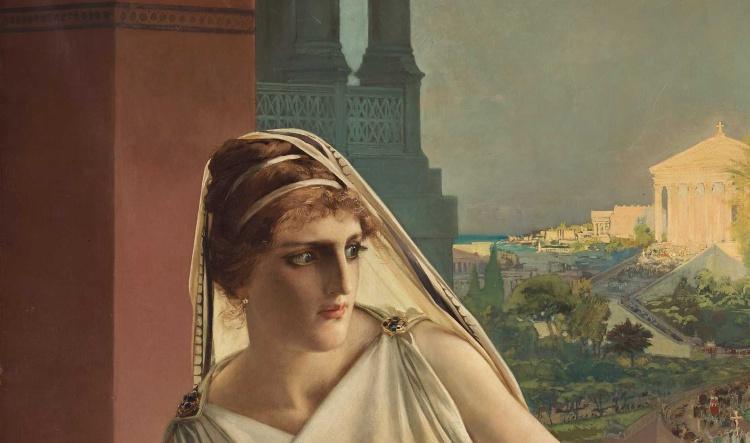Divine Disrupter—Malcom X
Malcolm X was a powerful and evolving civil rights leader who disrupted conventional strategies and demanded dignity, self-determination, and truth. His journey from trauma to global humanism made him one of the most complex and influential figures in modern history. Today, he continues to shape conversations about justice, identity, protest, and the courage to challenge systems. Malcolm X remains one of the most electrifying and misunderstood figures in modern history. Often described as radical, controversial, or dangerous, Malcolm X was also a profound thinker, a spiritual seeker, and a powerful disruptor of social norms. In an era defined by gradual change and polite negotiation, Malcolm X represented urgency. He demanded dignity, autonomy, and truth, even when those demands made people uncomfortable. Today, as conversations about race, power, and identity continue, his voice feels less like a relic and more like a warning.



